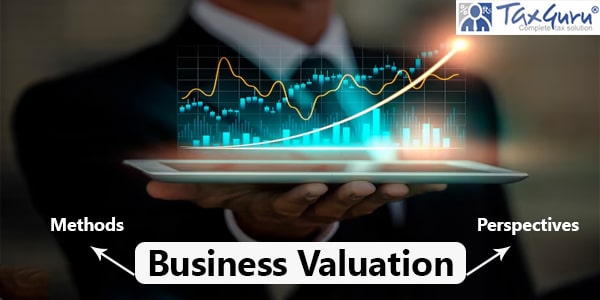What Is the Value of My Business?
Introduction: Entrepreneurs frequently inquire about the value of their businesses, but business valuation is inherently subjective. Like the value of a flat or an apple, it depends on perspectives, circumstances, and individual factors. While determining the precise value for any business remains elusive, professional valuers can assess the Fair Market Value, offering clients insights into pricing for selling or investing.
As a registered valuer entrepreneurs often ask’s us, what is the value of my Business ?
There is no right answer to this question as valuation is a very subjective thing. I will value a flat near my office higher as compared to someone whose office is far from that flat or a person will value an apple more when he is hungry compared to a time when he is not hungry. So the question what is the value of my business remains unanswered.
It will always be difficult to ascertain the value of any business as it will depend on buyer and seller and the situations around them. But as a professional we can always evaluate the Fair market value of any business. This assessment will give our client a fair idea of what price to quote for the business he wants to sell or invest in.
The three widely used valuation methods in business valuation include the Asset Approach, the Market Approach, and the Income Approach. The three approaches vary in the way they conclude to value, but the goal of each approach is still the same: to assess the value of the operating entity (i.e., the business).

Lets understand each of the three approach in detail
1. Asset Approach
The Asset Approach is a valuation methodology that concludes to value based on a business’s balance sheet as of the valuation date. The Asset Approach uses the fundamental equation associated with the balance sheet i.e. Assets = Liabilities + Equity.
There are two standard methods associated with the Asset Approach:
- The book value of equity method
- The adjusted book value of the equity method
Asset approach relatively straight forward method but it is also used infrequently, as it does not consider two key factors:
- The fair market value of the subject company’s assets & liabilities
- The business’s ability to generate profit from its assets in future
For this reason, the Asset Approach is used in situations where a significant portion of the value is attached to its fixed assets and not to its ability to generate profits.
2. Market Approach
The Market Approach is a valuation method that concludes value by comparing a company to its peers, either in public companies or precedent transactions. The Market Approach applies the logic that a business will sell for roughly a similar multiple to other companies in a similar industry and size.
Traditionally multiples are applied in Revenue of the business. However, in case of startups incurring losses, multiplier is applied in sales number as well. Alternatively, valuation can also be derived by applying multiplier on the value per user/subscriber of the business product.
3. Income Approach
The Income Approach concludes value by analyzing a company’s future free cash flow and discounting, or capitalizing, depending on which method is chosen. Free cash flow is an earnings metric that accounts for taxes, capital expenditures, and net working capital change.
Alongside free cash flow, the second key component of the Income Approach is the discount rate, which is a measure of risk, and return. A discount rate can either be the weighted average cost of capital (WACC) or the cost of equity (COE). A business with more inherent risk will result in a higher discount rate and consequently a lower Business valuation.
Having understood the various valuation approaches, before applying any valuation approach, it’s essential to understand the case’s facts and the purpose of valuation. Sometimes a single approach suffices, while in other cases, a weighted average of two or three methods provides a fair valuation.
In the realm of business valuation, the key is understanding the intricacies of each approach and applying them judiciously. So, whether it’s assessing assets, comparing with market peers, or projecting future cash flows, the right approach depends on the unique context of each business.
Conclusion: Business valuation, an inherently complex process, involves the artful integration of various approaches. Whether assessing assets, comparing with market peers, or projecting future cash flows, the right approach depends on the unique context of each business. The journey of valuation goes beyond numbers, encompassing a blend of scientific analysis and intuitive understanding to unveil the distinctive value of a business.




